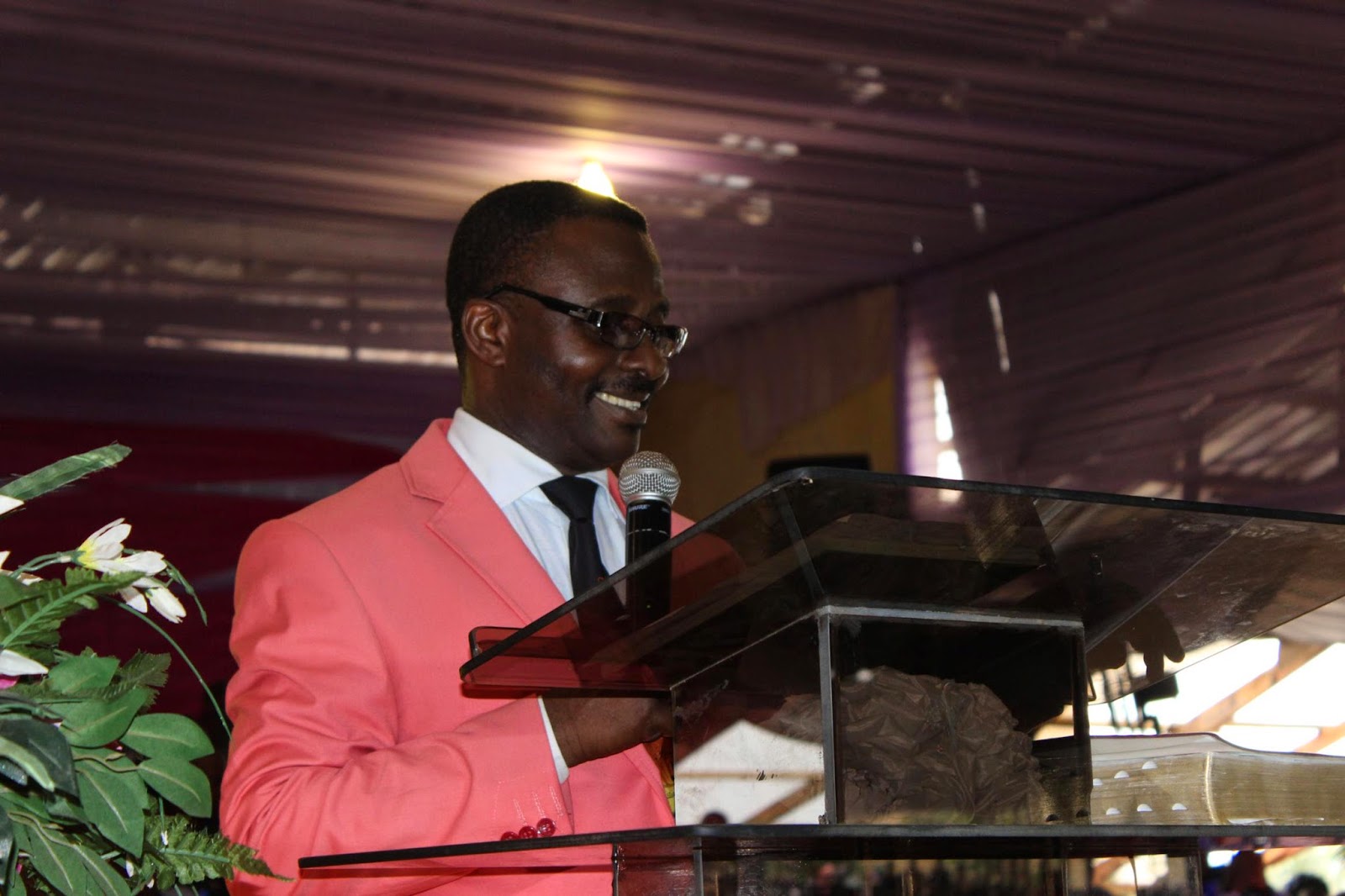The Christian Association of Nigeria, CAN, under the leadership of Samson Ayokunle, Catholic Archbishop of Lagos, Alfred Adewale Martins, President of Living Faith Church Worldwide, David Oyedepo and former Minister of Aviation, Femi Fani-Kayode have kicked against Federal Government’s decision to sign into law, the Companies and Allied Matters Act Bill 2020, which affected religious bodies.
The new Bill replaces the 1990 CAMA.
CAN describe Federal Government’s decision as “unacceptable, ungodly, and a declaration of war on the church.”
Speaking on Saturday, August 22, 2020, through the Special Assistant on Media and Communications, Bayo Oladeji, CAN say the law is “A time bomb,” whose explosion would not only“snuff life out of the church, but also rank it (church) as “a secular institution under secular control.”
Calling on Federal Government to leave church matters alone, as the government lacked the technical expertise to handle things of the spirit, CAN opposed Section 839 (1) and (2) of the law and described it as “satanic.”
The section empowers the supervising minister “to suspend trustees of an association (in this case, the church) and appoint interim managers to run its affairs for some given reasons.”
The Association, while enjoining President Buhari to “urgently return the law to the National Assembly for immediate amendment,” noted that Nigeria should not be compared with any other nation when it comes to the relationship between religious institutions and government. Its argument is that “In Nigeria, people’s religions are tied to their humanity and of course, their life.”
“How can the government sack the trustee of a church, which it contributed no dime to establish? How can a secular and political minister be the final authority on the affairs and management of another institution, which is not political? For example, how can a non-Christian head of a government ministry be the one to determine the running of the church,” it queried.
Martins said it was annoying for the government to be involved in Church affairs. He said Federal Government had not finished dealing with Boko Haram, Southern Kaduna killings, and armed banditry in the country. He argued that the time for approving the so-called law was completely inappropriate and insensitive, as there is so much distrust of Federal Government’s intentions with regards to its neutrality to different states in this country.
“How can you do this at this time, when people have been saying that appointments into government offices and the rest of them are going to one direction, as against other tribes,” he queried. “This is a time there are so much Boko Haram activities and armed banditry disturbing and destroying communities. To bring this kind of law at this time is making Christians feel that, indeed, the government has an agenda behind this and other incidents, which I have mentioned earlier.
Otherwise, why would this obnoxious law becoming just now, when issues of Boko Haram, killings in Southern Kaduna, and armed banditry have not been dealt with?
“That is really giving Christians a serious concern in this country. They are saying the United Kingdom and other parts of the world have a similar thing, but the UK and other parts of the world have a judiciary you can run to, that will correct things if you are feeling that something is wrong.
But here, we don’t have such. It is unfortunate that some people appropriate so much power here, and can use it against anybody they disagree with. I think it is necessary Federal Government to have a second thought about it if they still see this country as a secular state. In a secular country, people are free to practise whatever religion they like. Problems can occur in the area of administration and the rest, but it is not in the government’s place to now appoint people to run the church’s affairs. They have not done well by making a law that will affect people’s right to worship their God the way they want.
“I read in the papers that the Federal Government is counting CAMA Bill as one of this administration’s achievements. Maybe, he is achieving something positive somewhere else, but as a state, religion, and as far as Christianity, in particular, is concerned, it is creating more problems. And I hope the government will pay attention to Christians’ objections to this issue.
Indeed, the international community is paying attention to Christians’ objections to this aspect of the law. Maybe there is a good intention behind it, but the time is not appropriate because Nigeria’s social-economic environment is bad for now. I think they need to reverse it.”
Hakeem Yusuf, the NASFAT’s national publicity secretary, said he did not believe the government’s intention was to regulate churches and mosques. He, however, disagreed with the section of the law that allows the Registrar-General to appoint trustees for religious organizations. He argued that people would only suspect foul play if government’s desire “is to get their own cut from the house of God.”
He said: “As far as I’m concerned, it’s not as if they’re regulating mosques, because the mosques and churches are still in charge of the spiritual aspect. But when it comes to the financial aspect, I don’t see anything wrong in being regulated. If we are true to divinity, nobody should be afraid of being checked.”
Oyedepo rejected the law and urged the Federal Government to remove the aspect that concerns church matters. Fani-Kayode described the new law as the greatest threat to Christianity. He said nothing could bring the Church of God down.
Source: The Guardian







